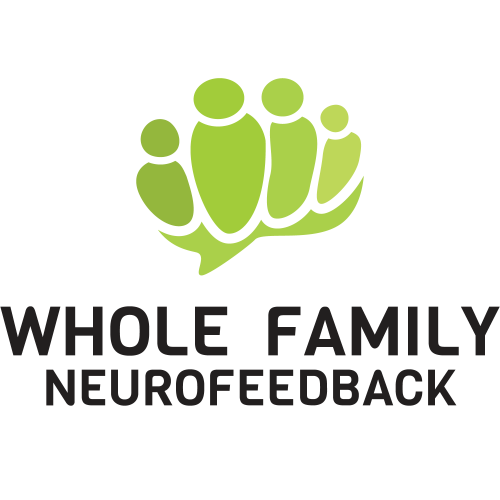Below is a recent email exchange with a person considering an at home neurofeedback rental with us. It was very helpful to him, and I think it’d be helpful to a lot of people trying to understand neurofeedback, and in particular, how NeurOptimal® Neurofeedback is different.
Dear Miriam,
My son’s therapist has concerns with this process. She referred me to an article:
https://www.psychologytoday.com/us/blog/brain-myths/201302/read-paying-100s-neurofeedback-therapy-0
The article pertains to EEG administered by Brainworks. Can you tell me if this is similar to Brainworks?
Thanks,

(Photo not actual client)
Good morning “Joseph”,
Thanks so much for your question! The author is correct in that the claims that lots of practitioners who do neurofeedback make are too grandiose. I get it. There are times when my clients experience things that feel pretty profound to them, and it is easy to get caught up in the bliss right along with them. But a realistic view of human change is that we change in very small amounts, even when it FEELS so big…really the changes are small. As a marriage counselor for 21 years now, I’ve seen it over and over. Someone feels they have reached nirvana, and then reality settles in and they realize the work continues. The small changes are still significant. I think it’s the only way that we actually change…is in small increments. I think the grandiosity about neurofeedback absolutely gets in the way of being able to objectively look at the real effects of neurofeedback. But the grandiosity results in articles like this one that you sent. Grandiosity begets skepticism. Skepticism begets grandiosity. It doesn’t mean the neurofeedback isn’t working. And there have literally been millions of hours of neurofeedback conducted and millions of folks reporting helpful and positive effects that are long lasting. But it’s not a short cut to enlightenment. It’s a powerful tool to help one along their way. The work continues.
I think there’s a fairly objective look at neurofeedback in a book called A Symphony in the Brain by a journalist Jim Robbins. I’m happy to send you a copy if you are interested. I can ship today or tomorrow. From it and my own experience I conclude what I wrote in the above paragraph.
In addition, with our systems (NeurOptimal®) we do not train Alpha or Theta or any other brain wave frequency. We believe we have advanced beyond a lot of the pit falls of linear neurofeedback—which is what Brainworks uses. We do not push the brain in any direction, and we do not tell the brain what we think it needs to do. We tap into what the brain is already doing—already is designed to do—which is to detect difference and to alleviate its own chaos and discomfort. I can explain more if you’d like or provide some links about how we are fundamentally different in our approach.
Also, please let your therapist know I’m happy to talk with him or her about a more realistic view of neurofeedback as well as how NeurOptimal® is different than the brain wave training referenced in the article.
Does this help? What other questions do you have?
Miriam

(Photo actually me) 😉
Miriam-
It appears as though the bulk of the criticism is directed towards linear neurofeedback. I wanted to learn some more and read the information on this site:
https://neuroptimal.com/learn-usa/neuroptimal-and-neurofeedback/
Do you have any other suggested readings?
Thx
Joe

Photo still not actual client
Hi Joe,
Yes.
From the same site here is a comparison between NO and linear: https://neuroptimal.com/learn-usa/neuroptimal-vs-traditional-neurofeedback/
And here is a real break down of how NO works. Lots of links you can choose from from this page as well: https://neuroptimal.com/learn/neuroptimal-features/
Trying to look outside NO for writings I found this: https://graymatter7112.wordpress.com/2016/10/25/product-review-neuroptimal-neurofeedback-made-by-zengar/ AND this: http://thelearningspacedc.com/pages/staff/priscilla
Of course, there is also our FAQs page you can access here.
Let me know what else you find if you continue to research.
Best,
Miriam

(Photo actually me) 😉

